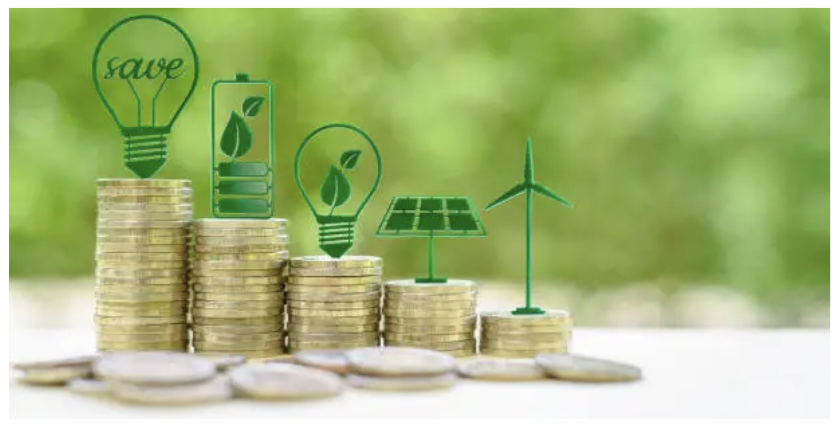Green debt swaps offer a promising solution to address Sri Lanka's debt crisis while promoting environmental conservation and sustainable development. This article explores the potential benefits of such swaps between India and Sri Lanka.
Green debt swaps allow countries to reduce foreign debt in exchange for environmental protection commitments. Sri Lanka's overwhelming debt has hindered its ability to invest in climate mitigation and environmental conservation. As a regional ally, India can leverage green debt swaps to strengthen its geopolitical influence in South Asia and counter Chinese influence in the region.
These swaps present opportunities for India to expand its economic footprint in Sri Lanka's renewable energy sector and enhance regional energy security. By engaging in such agreements, India can demonstrate environmental leadership, protect shared ecosystems, and boost its diplomatic soft power. Additionally, these swaps can facilitate technology transfer and job creation, benefiting both nations.
Potential focus areas for green debt swaps include investing in Sri Lanka's renewable energy sector, particularly solar and wind, and supporting ocean energy projects in Sri Lanka's coastal waters. Conservation of shared ecosystems like the Palk Bay and the development of sustainable fisheries partnerships could also be key components of these agreements.
Innovative approaches could involve transboundary carbon credits, green technology transfer programs, eco-tourism corridors, and joint sustainable fishing initiatives. These creative solutions could make the swaps more attractive and beneficial for both parties.
By engaging in green debt swaps, India can simultaneously address Sri Lanka's debt burden, promote environmental conservation, enhance regional energy security, and strengthen its geopolitical position. This approach serves India's immediate interests while contributing to long-term regional stability and ecological balance, positioning India as a forward-thinking leader in South Asia.
This is a summary of an article published by the Observer Research Foundation which can be found here.
Author credits: This blogpost is authored by Anirudh Rastogi, Managing Partner, Ikigai Law, and Daniel Odhisho, Consultant, Ikigai Law.
Image credits: Pixabay



